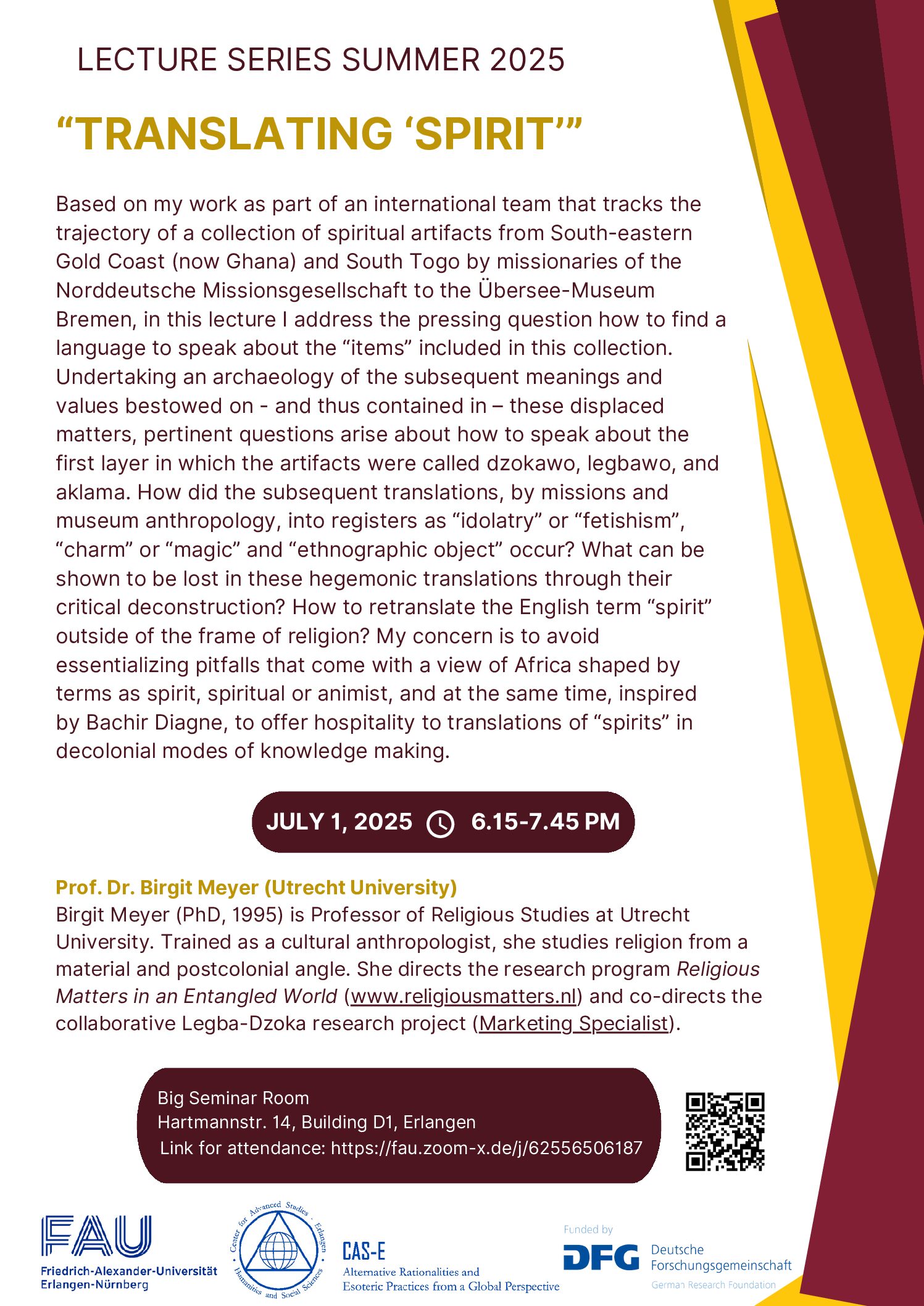CAS-E Associated Scholar Maryam Abbasi investigates the digital as a space for esoteric practices in her project at the Institute of Sociology, Chair of Cultural and Social Anthropology, Faculty of Humanities, Social Sciences, and Theology, Friedrich-Alexander-Universität Erlangen-Nürnberg. The project, commenced in February 2024, culminates in the publication of a monograph on esoteric practices in contemporary Iran.
Abstract: According to the first article of the Bribery and Fraud Law in Iran (approved in 1988), the acts of Oracle (Falفال: ), Dream Interpretation (Ta’bire-Khabتعبیر خواب: ), Exorcism (Jengiriجن گیری: ), Witchcraft (Sehrسحر: ), Fortune-telling (Pishgueeپیشگویی: ), and Prayer-Writing (Doa Nevisiدعا نویسی: ) may potentially be classified as criminal, particularly in cases where monetary transactions are involved. Islam, Iran’s official religion, acknowledges the existence of supernatural beings and their role in human life; however, it emphasizes the necessity of faith in Allah and the prohibition of engaging with these supernatural beings. Despite the potential legal and religious consequences, the practices went online, which allowed the practitioners to preserve their identities while reaching a broader audience. This ethnographic study on the social media based exoteric practices in contemporary Iran, addresses a significant and underexplored area in the study of digital anthropology, religious studies, media studies and sociology by investigating how digitalization is transforming religious practices in contemporary Iran. It aligns strongly with ongoing academic discussions about the impact of technology on religious and cultural practices, particularly in politically sensitive settings. The main objectives of this study are:
- How social media platforms are working as agents of transforming religion in contemporary Iran
- What are the challenges and opportunities of Digital religion and their practitioners in contemporary Iran









